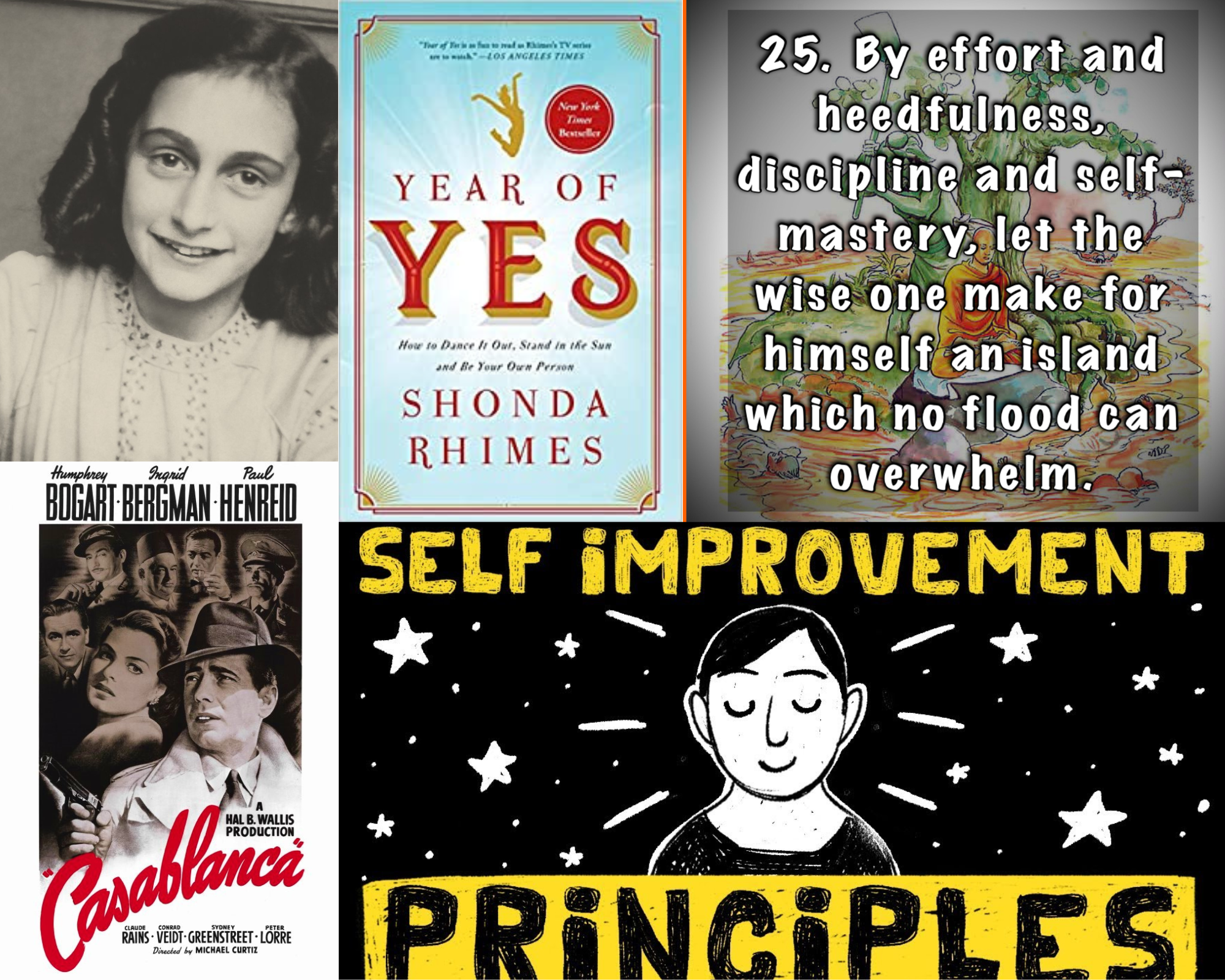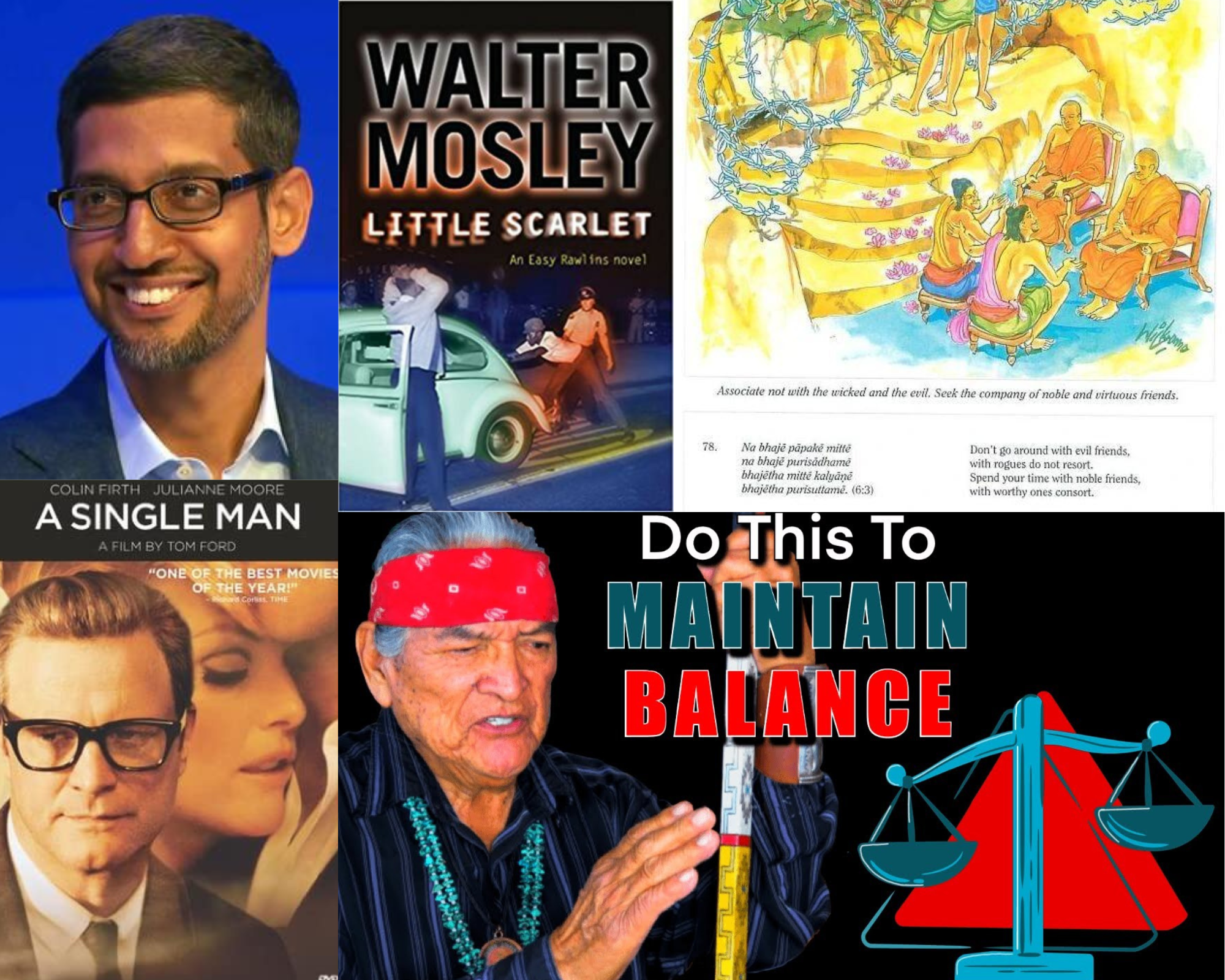Sunday Supplement #117 (August 6th, 2023)
Below is another Sunday Supplement with a quote worth sharing, a book worth reading, a movie worth watching, brainfood worth consuming, and a spiritual passage worth pondering.
Please take something away from these recommendations that enriches your week ahead!
Quote of the Week:
“That’s the thing about depression: A human being can survive almost anything as long as she sees the end in sight. But depression is so insidious, and it compounds daily, that it’s impossible to ever see the end. The fog is like a cage without a key.”
– Elizabeth Wurtzel
Book of the Week:
Brave New World – Aldous Huxley
Aldous Huxley’s Brave New World depicts the World State city of London in AF 632 (2540 AD), where citizens are born through artificial wombs and into predetermined castes.
The novel focuses first on Bernard Marx, a psychologist, and member of the high caste, suffering from an inferiority complex because of his short stature and sub-par looks.
Bernard disagrees with the State’s methods of keeping its citizens peaceful and vocalizes his displeasure, which threatens his position.
A holiday to the outside world brings the perspective of life removed from Government control. The subsequent experiences after the revelations have consequences back in the World State.
Huxley’s dystopian classic is on many best/greatest novels lists and is a brilliant exploration of human emotion.
Movie of the Week:
Little Miss Sunshine follows the Hoover family’s cross-country road trip in their VW bus to get their daughter into the finals of a beauty pageant.
The oddball comedy from first-time writer Michael Arndt with directorial debuts from Valerie Faris and Jonathan Dayton, made $101 million from its $8 million budget.
Little Miss Sunshine explores each dysfunctional family member portrayed by Abigail Breslin, Greg Kinnear, Toni Collete, Alan Arkin, Paul Dano, and Steve Carell.
The film was nominated for Best Motion Picture of the Year, Best Performance by an Actress in a Supporting Role (Abigail Breslin), and won Best Writing – Original Screenplay and Best Performance by an Actor in a Supporting Role (Alan Arkin) at the 2007 Academy Awards.
Little Miss Sunshine is a wonderful exploration of the ups and downs of life packed in an engaging and entertaining narrative.
Brainfood of the Week:
Fight Depression and Burnout in 2 Minutes a Day | Therapy in a Nutshell
The video starts with Emma McAdam, licensed Marriage and Family Therapist, discussing how our brains are much better at focusing on survival than focusing on being happy.
Because of this default setting, we find ourselves hyper-attuned to negative information and can form harmful habits.
McAdam goes on to break down an exercise to combat negative thinking and help rewire your brain to increase positivity.
Emma McAdam set up her YouTube channel Therapy in a Nutshell to make mental health resources easier to access. She takes therapy skills and psychological research and condenses them down into bite-sized nuggets of help.
Therapy in a Nutshell has over 1 million subscribers and over 84 million views. If you like this video, check out more of McAdam’s content.
Closing Spiritual Passage:
“It is in the nature of the foolish to be full of sorrow and feel depressed when things go wrong and to be full of gladness and feel elated when things go well. The wise, however, can withstand the ups and downs of life.”
– Dhammapada 83
This verse from the collection of sayings of the Buddha came off as some pretty hard tough-love when I first read it.
However, the more I thought about it, the more I felt that it speaks to the wisdom that can come with age and experience.
I don’t necessarily think the verse criticizes the feelings of depression, sorrow, gladness, and elation but instead emphasizes the wisdom of not getting lost in them.
It is important to be aware of your emotions and to check in with yourself so you don’t get carried away or swept away by elation or depression.
Check in with yourself, be aware of your feelings, ask for support, and have a blessed week ahead!
Comments closed



